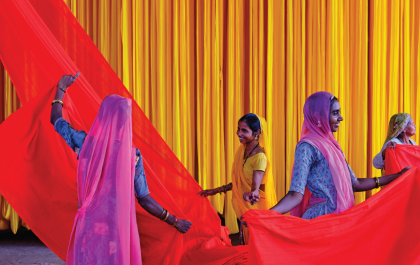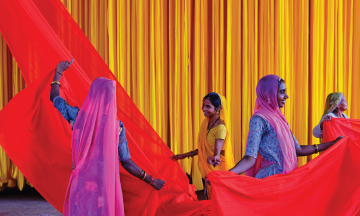By Ashik Uz Zaman
9 must-see heritage hotspots in Satkhira
Satkhira is a district in South-western Bangladesh. Part of the Khulna division, it lies along the border with West Bengal in India, with Jessore in the north, the Bay of Bengal in the south, and Khulna in the east. Aside from being neighbors with the Sundarbans, Satkhira is the perfect holiday destination for history buffs. Here are some jaw-dropping heritage sites to check out.
SONABARIA MOTH BARI TEMPLE
Sonabaria Moth Bari Mondir is a four hundred and fifty year old composite of a monastery and three temples. This beautiful archeological site was formerly used as a place of worship for Buddhists.
This group of temples is located in Sonabaria village of Kalaroa Upazila of Satkhira. The site is 9.6 km away from the headquarters of Kalaroa Upazila, bordering India.
Records state that this temple was built by Hariram Das (Durgapriya Das) in 1767 AD.
The largest of these antiquities is the three-storied Navaratna temple. This is known as ‘Shyamsunder Mandir’. Navaratna (nine gems) temple is a typology of Hindu temples. This type of temple consists of three distinct levels and a unique architectural pattern. Shyam Sundar Temple is one of the surviving navaratna temples of the country Adjacent to it is Durga Temple and Shiva Temple. To the south of this temple complex is a square lake with unequal arms.
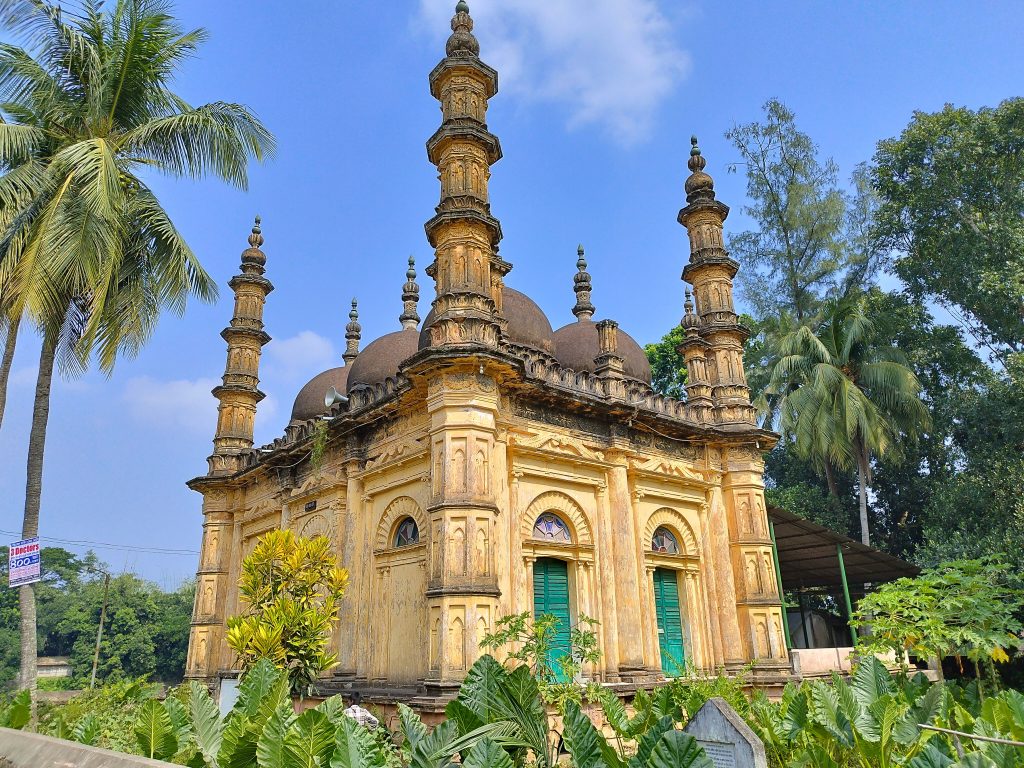
SHAHI JAME MASJID OF TETULIA
The traditional Shahi Jame Masjid of Tetulia is a monumental architectural masterpiece of almost two centuries old. This mosque is located next to the main road in Tentulia Bazar on the Khulna-Paikgacha road of Tala upazila. Locals call it the Mia Masjid, and it is believed to have been built by zamindar Kazi Salamatullah Khan Bahadur in 1858-59, during the Mughal period.
According to Tetulia’s Cursinama, Kazi Salamatullah was born in 1806. He was the Deputy Collector and Deputy Magistrate of British Revenue in the mid-nineteenth century. It is believed that the Salam Manzil Zamindar house on the other side of the road was also built at the same time.
The six-domed mosque was built Mughal style and resembles those built by Tipu Sultan’s descendants, as does the Salam Manzil, now in virtual decay.
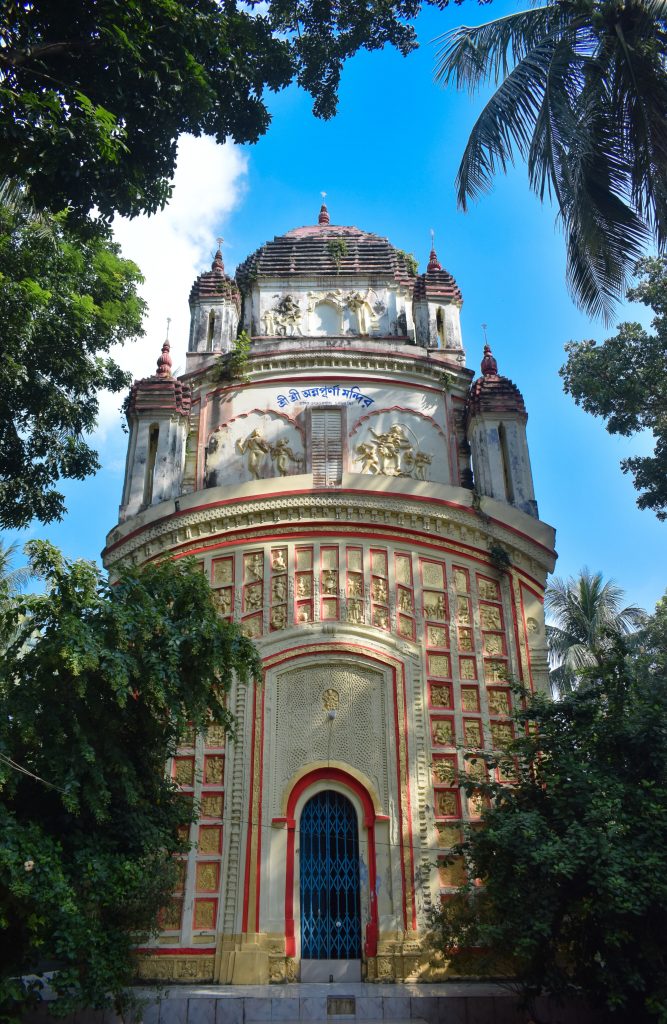
ANNAPURNA TEMPLE
Annapurna Temple is located in Sadar Upazila in Satkhira. This temple is recognized as an archaeological site in Bangladesh. The temple is housed in a complex known as ‘mother’s house’, along with four other temples, including Kali Mata Temple, Shiva Temple, Kalbhairava Temple, Radha Gobind Temple and these are collectively called Satkhira Panchamandir. Zamindar Vishnuram Chakraborty built this Panchamandi. Of these, the Annapurna temple distinguishes itself in terms of aesthetic beauty. The temple is 45 feet high, tapering from ground up and ending with a domed top. The walls of the temple are richly ornamented with terracotta designs.
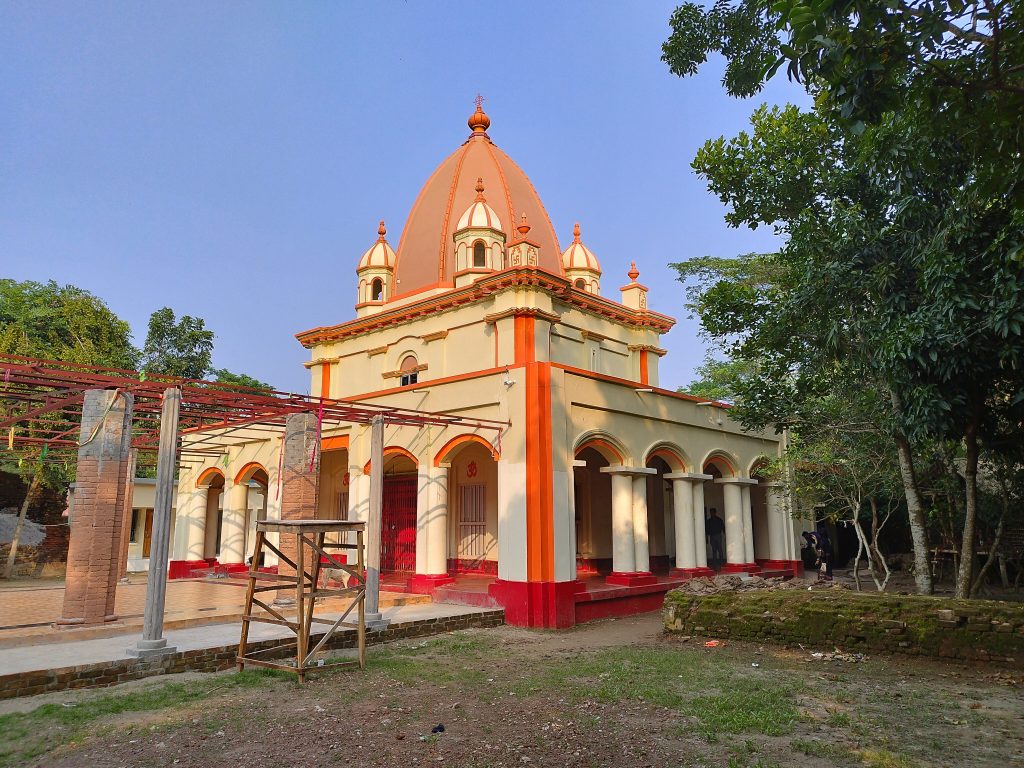
JESHORESWARI KALI MANDIR
This is a famous Hindu temple dedicated to the goddess Kali. The temple is located in Ishwaripur, a village in the Shyamnagar upazila of Satkhira. The name “Jeshoreshwari” means “Goddess of Jeshore”.
The mythology of Daksha yaga and Sati’s self-immolation is the story behind the origin of Shakti Peethas. Shakti Peethas divine places or holy abode of the Mother Goddess(Parashakti). These shrines are believed to be sanctified with the presence of Shakti due to the falling of body parts of the corpse of Sati Devi, when Lord Shiva carried it and wandered throughout Aryavartha in sorrow. There are 51 Shakti Peeth located all around South Asia. Each temple have shrines for Shakti and Kalabhairava, The Shakti of this shrine is addressed as Jeshoreshwari and Bhairava as Chanda.
A brahman named Anari is believed to have created the 100-door temple for the Jeshoreshwari Peeth, at an undisclosed timeline. The temple has been renovated by Lakshman Sen and Pratapaditya in their reigning periods.
The temple is visited by pilgrims from all over, irrespective of sectarian differences. Worship is done by the priest every Saturday and Tuesday at noon time.
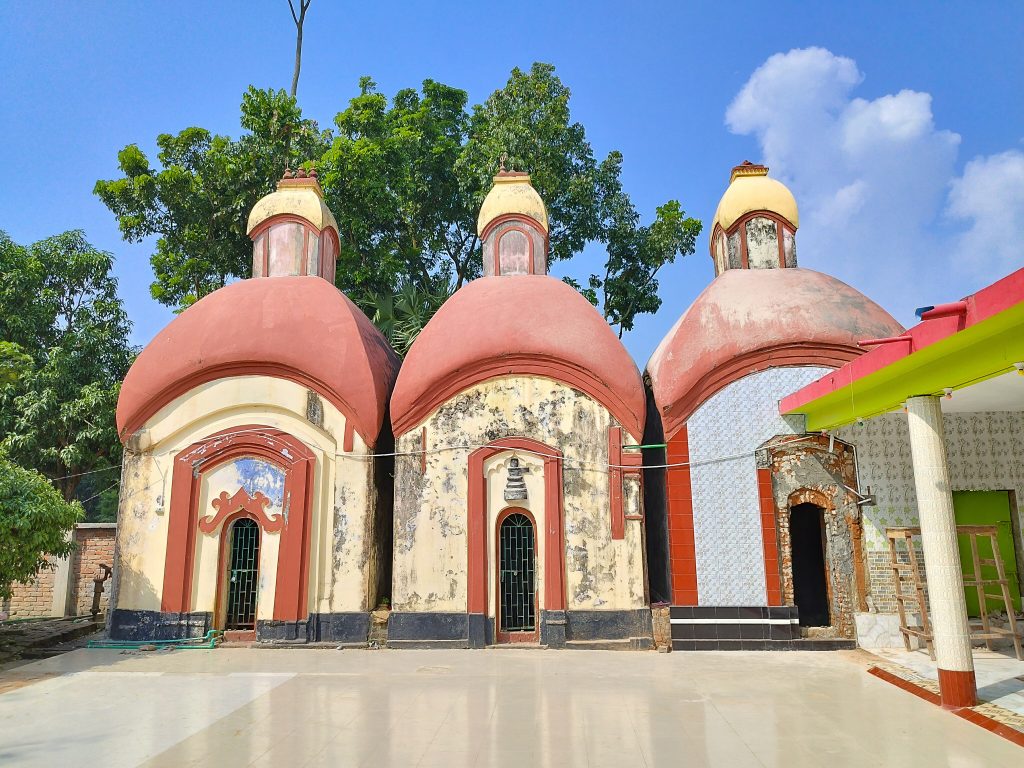
BUDHHATA XII SHIVA AND KALI TEMPLE
There is a 300-year-old traditional Budhhata XII Shiva and Kali temple in Budhhata village of Asashuni upazila in Satkhira. Zaminder Raja Raj Banshi, the zamindar of Rad-Li village of Paikgacha upazila of Khulna, established this temple in 1146.
Legends state that Rajbanshi once fell asleep on the evening of Chaitra Shonkranti, and dreamt of his mother’s voice instructing him to go to the river. Upon waking, he proceeded to the riverbank at the dead of night and spotted a pot decorated with puja utensils floating in the water, just as the dream predicted. He collected the pot, and on Pohela Boishakh, the next morning, laid down the foundations for the temple.
Word spread amongst the locals and they began to arrive at the site with prayers and offerings. The zamindar donated 74 acres to the project, where 12 temples were erected, and 12 Shiv lingams were installed. The temples sustained heavy damage during 1971. At present, only 2.03 acres and six temples remain, and two of the shiv lingams have been stolen. Over the years, several attempts had been made to begin restoration, but the funds were never procured.
In spite of its diminished state, the temples host a number of annual events such as Shivratri, Janmashtami, Naam Yanj, Jagadwatri Puja, Saraswati Puja, and Nitya Puja.
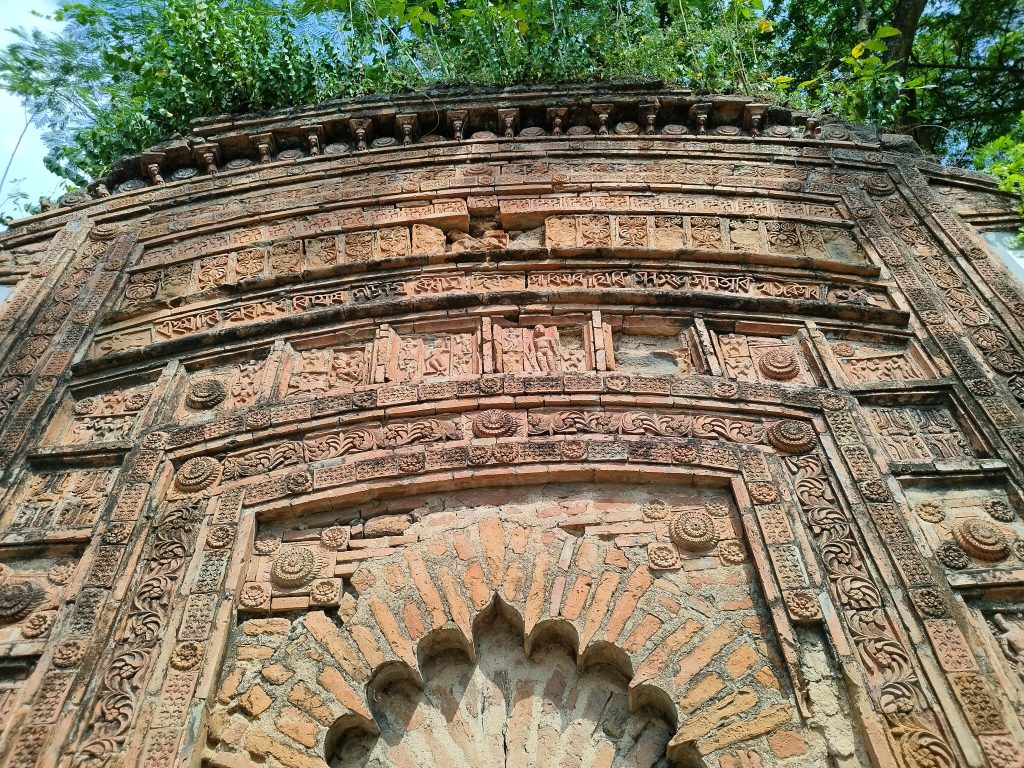
CHAIKGHARIYA TWIN SHIVA TEMPLE
The Chaikghariya Jora Shiva Temple is a pair of temples established on Pohela Boishakh of the Bengali year 1220 by Fakir Chand Ghosh. Both the temples in this structure are square in shape, and their walls are richly ornamented with terracotta motifs of flowers, vines, fairies, musicians, horsemen, elephants, gods and goddesses. It is one of the most beautiful examples of terracotta ornamentation in the region.
At present, the Shiva temple is abandoned, but interested visitors rush to Chaikghariya to see the wonderful terracotta work.
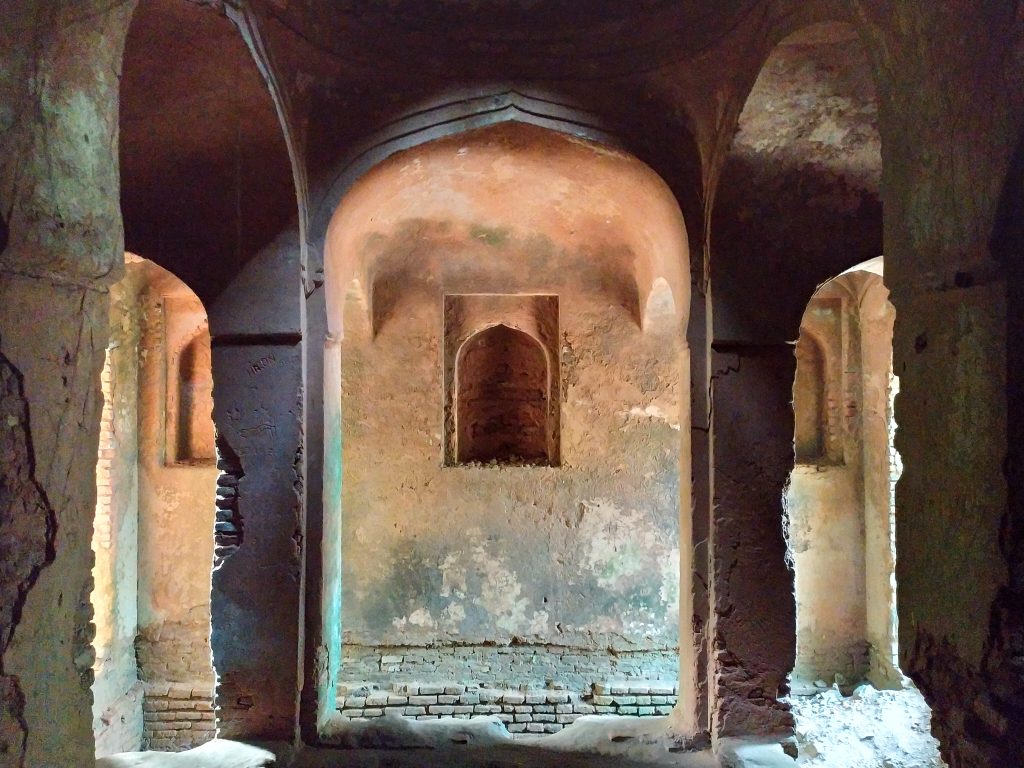
ISHWARIPUR HAMMAMKHANA
Ishwaripur Hammamkhana is located in Shyamnagar Upazila. Passing the mother’s house in Satkhira and going south, one can see an ancient building popularly known as Habsikhana. As there is a well next to the building, it is believed that the prisoners were kept there. It was originally a part of King Pratapaditya’s guest house. It is a bathhouse or hammamkhana built in the late 16th century. These include chowbaccha and waterways. Light and air can easily enter this bathroom through the large domed roof which has a perforated ceiling.
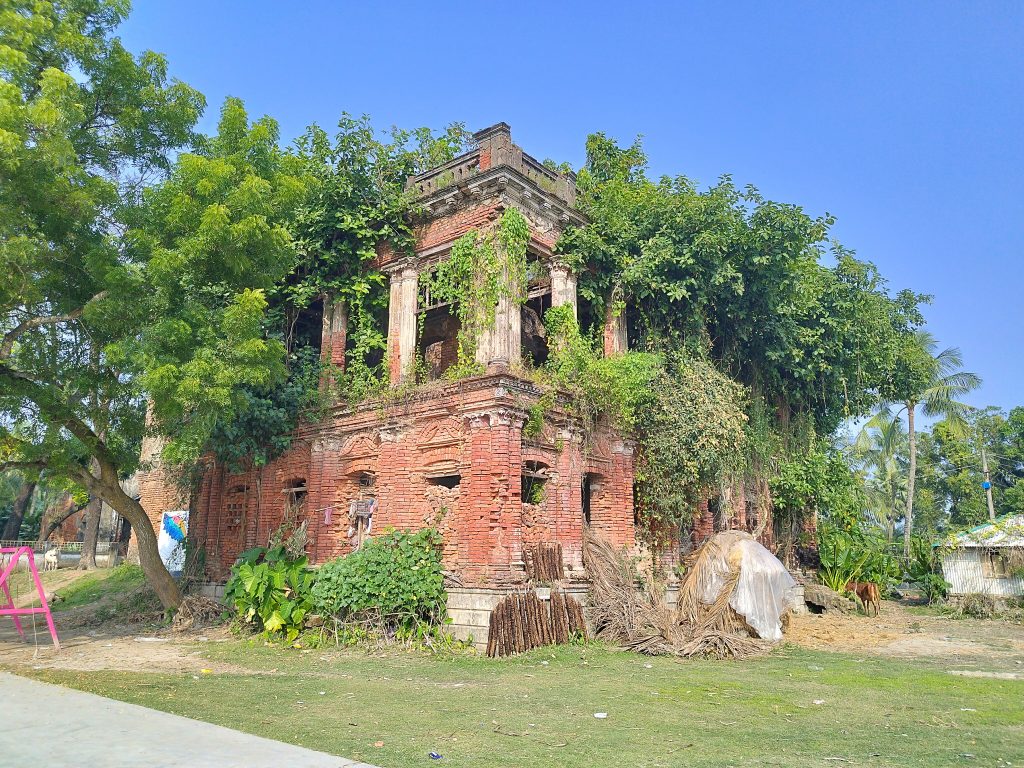
SHYAMNAGAR ZAMINDAR BARI
Shyamnagar Zamindar Bari is a historical zamindar house located in Nakipur village of Shyamnagar Upazila in Satkhira. It is known as Nakipur Zamindar Bari to the locals. The famously wealthy Zamindar Haricharan Roy Chowdhury established this zamindar house around the mid-1800s. The estate has a paved pandal constructed for Durja Puja, which used to be performed there every year. In addition, it comes with a pair of Shiva temples, sanatorium, nahavatkhana, a pond, and a water reservoir. Most of these are now occupied by locals. The zamindar house itself is a two-storied L-shaped building about 19 meters long. Its features represent the architectural trends introduced by the British, and include majestic exposed columns, decorative arched doorways, and open balconies that wrap around the building and provide entertainment and ventilation.
The glory days of the Zamindar bari are clearly behind it, and lack of upkeep have sent the house and temple into a state of ruin. But the encroachment of vegetation lends it a quality of haunting and melancholic beauty that makes it a tourist attraction.
You can reach Satkhira from any part of the country by bus or motorcycle and go to Kaliganj upazila. You can reach there by bus for 50 taka, motorcycle for 100 taka. After that, take a van (fare 10 taka) from Fultala intersection in Kaliganj and get down at Paokhali intersection. Prabajpur Shahi Jame Masjid can be reached by van from Paokhali Bazar.
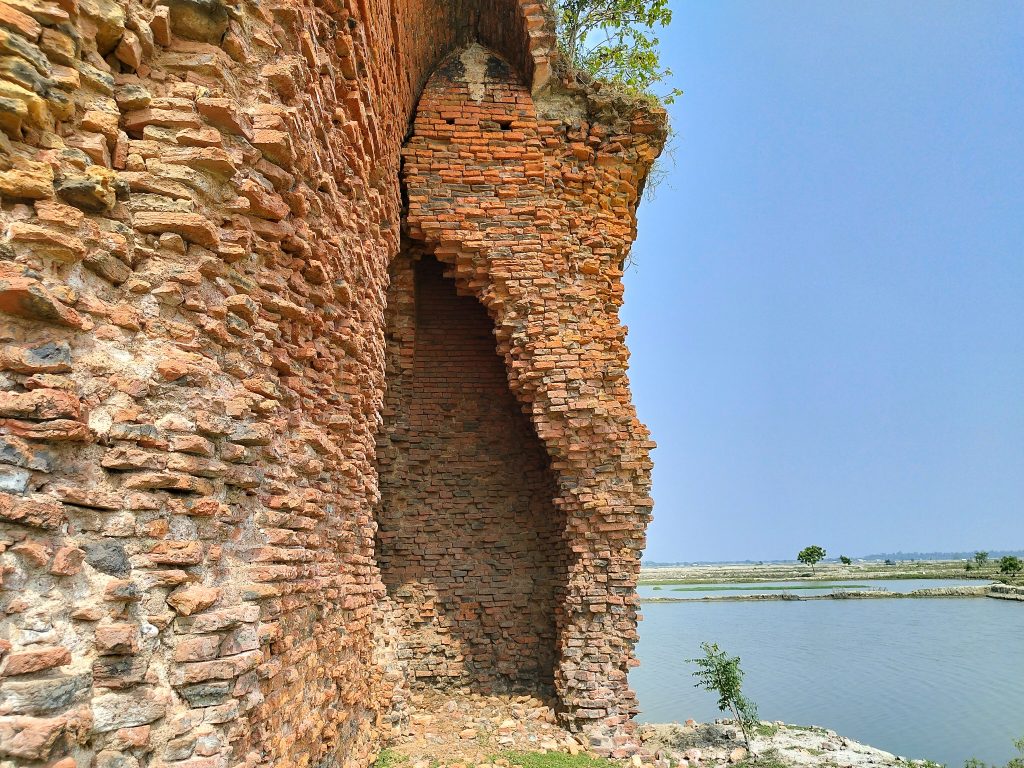
Where to stay
There are many hotels to stay at such as Hotel Sangram, Hotel Emperor, Hotel Seema, Muzaffar Garden, Hotel Mohana, and Hotel Uttara are among the various residential hotels located in Satkhira.
Where to eat
Satkhira district is famous for the mangoes, Kul (Boroi), ol, fish, and pure honey of the Sundarbans. Apart from that, you can also taste the famous Satkhira Dairy Sandesh.






